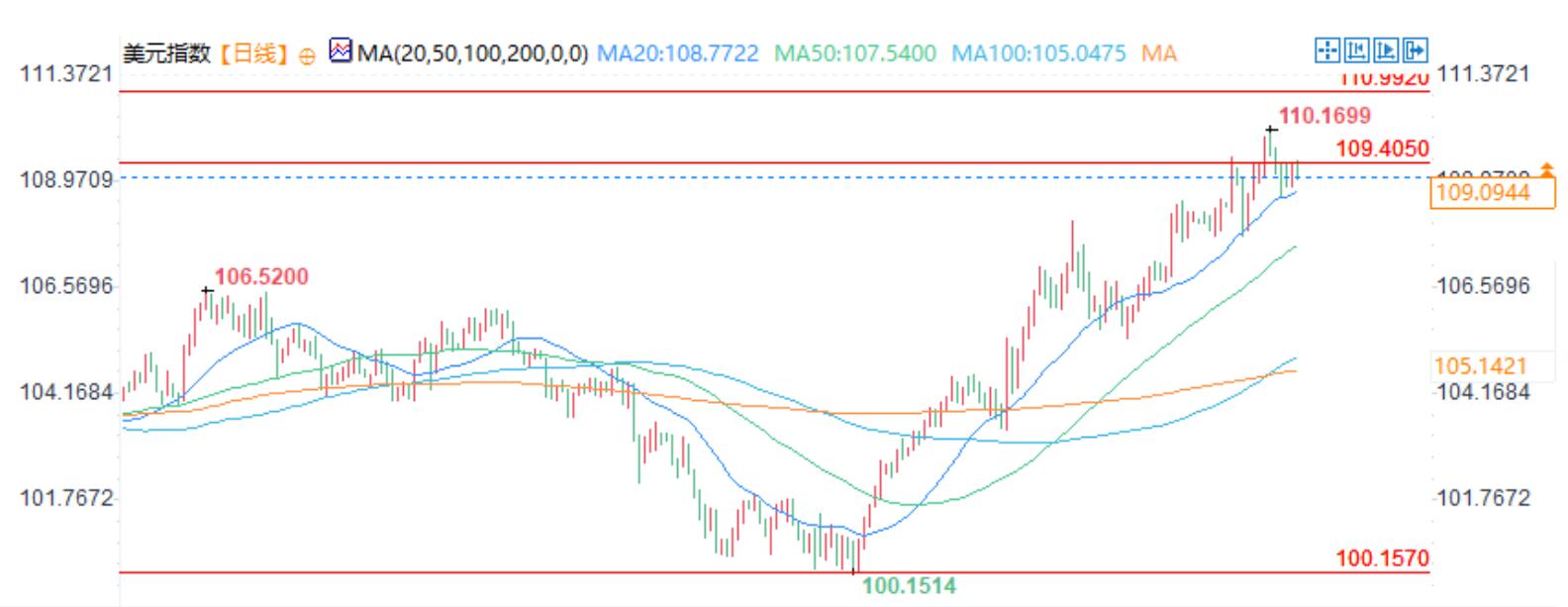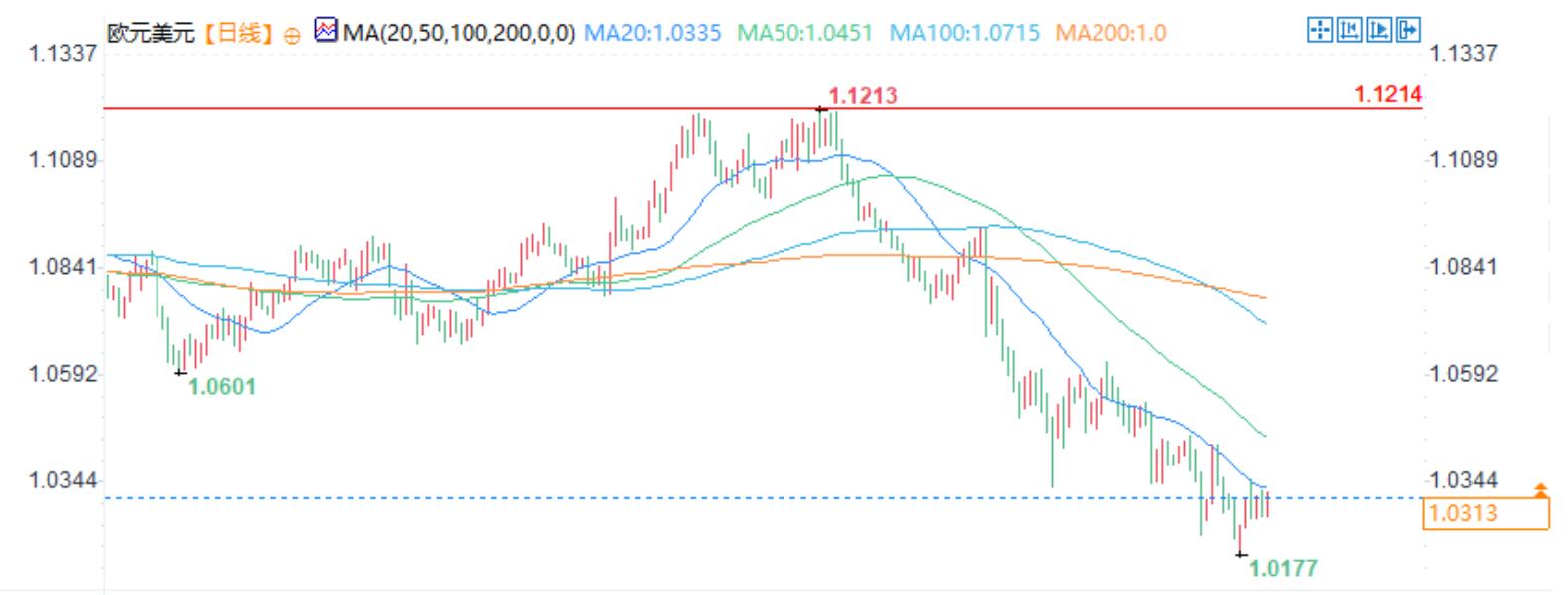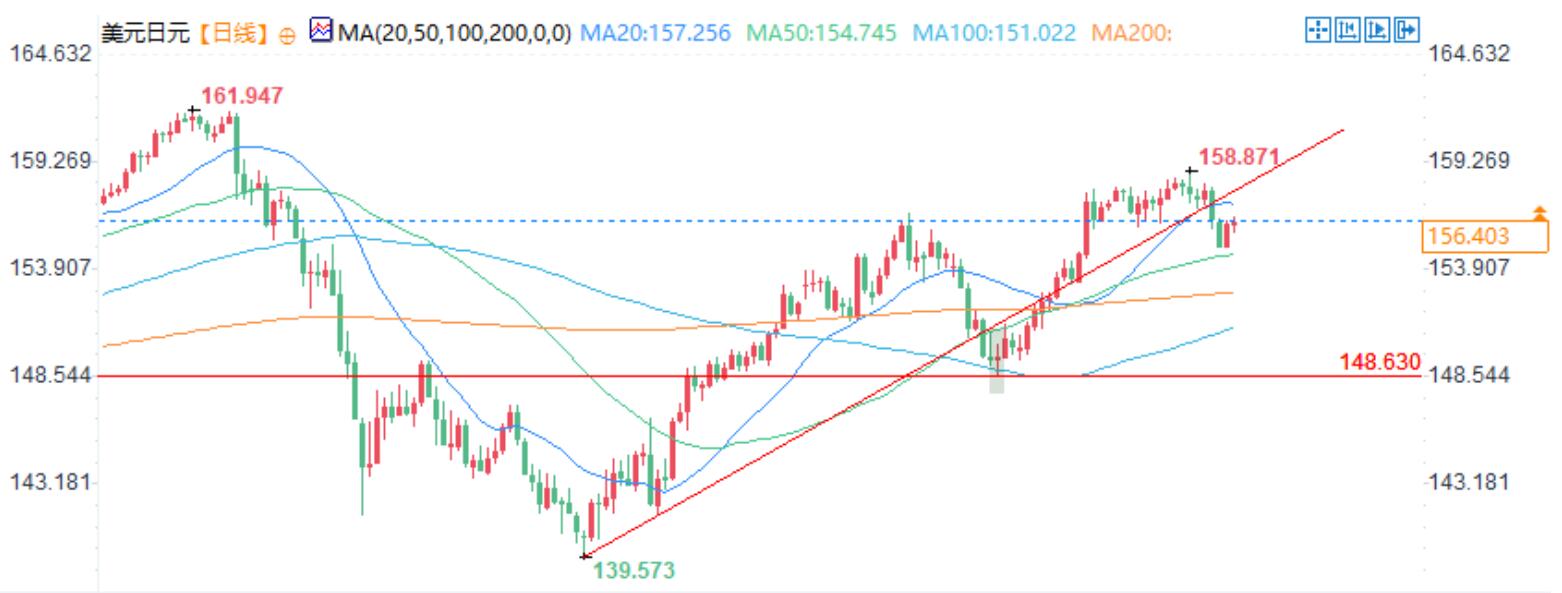What impact will Trump's inauguration have on the foreign exchange market?
On Monday (January 20th), today Trump will be sworn in as the second term President of the United States, marking the beginning of another potential era of economic and trade policy change. For the currency market, his return raises urgent questions about the future of the US dollar index (DXY) and its relationship with the euro and yen. As potential fiscal expansion and trade measures are about to be introduced, investors are preparing for a critical period in the foreign exchange market.
Will fiscal policy drive fluctuations in the US dollar?

Trump's pro growth policies, including tax cuts and deregulation, may once again become the focus. Historically, these measures have supported economic growth in the United States and provided short-term support for the US dollar. However, aggressive fiscal expansion may increase the federal deficit, which could put pressure on the long-term prospects of the US dollar.
In addition, trade policies may amplify volatility. Trump has used tariffs and renegotiating trade agreements in the past, often boosting the US dollar through safe haven capital inflows and reducing trade deficits. If these practices occur again, the US dollar may face upward pressure again. However, the widespread impact on global trade may suppress gains and keep investors cautious.
Is there a risk of further weakening of the euro?

Due to the possibility of Trump's policies widening the monetary policy gap between the Federal Reserve and the European Central Bank, the euro is facing challenges. It is expected that the European Central Bank will maintain its ultra loose policy, and due to inflationary pressures, any signs of the Federal Reserve becoming more hawkish could push the euro dollar exchange rate lower.
Geopolitical factors also pose risks to the euro. Trump's previous criticism of NATO spending and European trade practices may reignite tensions and disrupt investors' confidence in the eurozone. The strengthening of the US dollar, coupled with these uncertainties, may exacerbate the depreciation of the euro in the coming months.
How will trade policies affect the Japanese yen?

The Japanese yen is widely regarded as a safe haven currency, and according to Trump's trade strategy, the yen may receive more attention. The escalating trade dispute may prompt investors to seek safe haven, thereby strengthening the yen. On the other hand, if Trump's policies are seen as supportive of global economic activity, the Japanese yen may weaken against the US dollar.
Interest rate differentials are also important. The loose stance of the Bank of Japan contrasts with the possible tightening policy of the Federal Reserve, which may limit the ability of the yen to resist the rise of the US dollar.
What actions should investors consider taking?
Trump's policy agenda may create significant opportunities in the foreign exchange market, but also bring risks. Although the US dollar may strengthen against the euro and yen in the short term, potential concerns about deficits and geopolitical tensions may bring uncertainty.
Investors should closely monitor fiscal and trade dynamics, adopt diversification strategies, and take rigorous risk management measures to effectively layout in the constantly changing market environment.
Tips:This page came from Internet, which is not standing for FXCUE opinions of this website.
Statement:Contact us if the content violates the law or your rights
